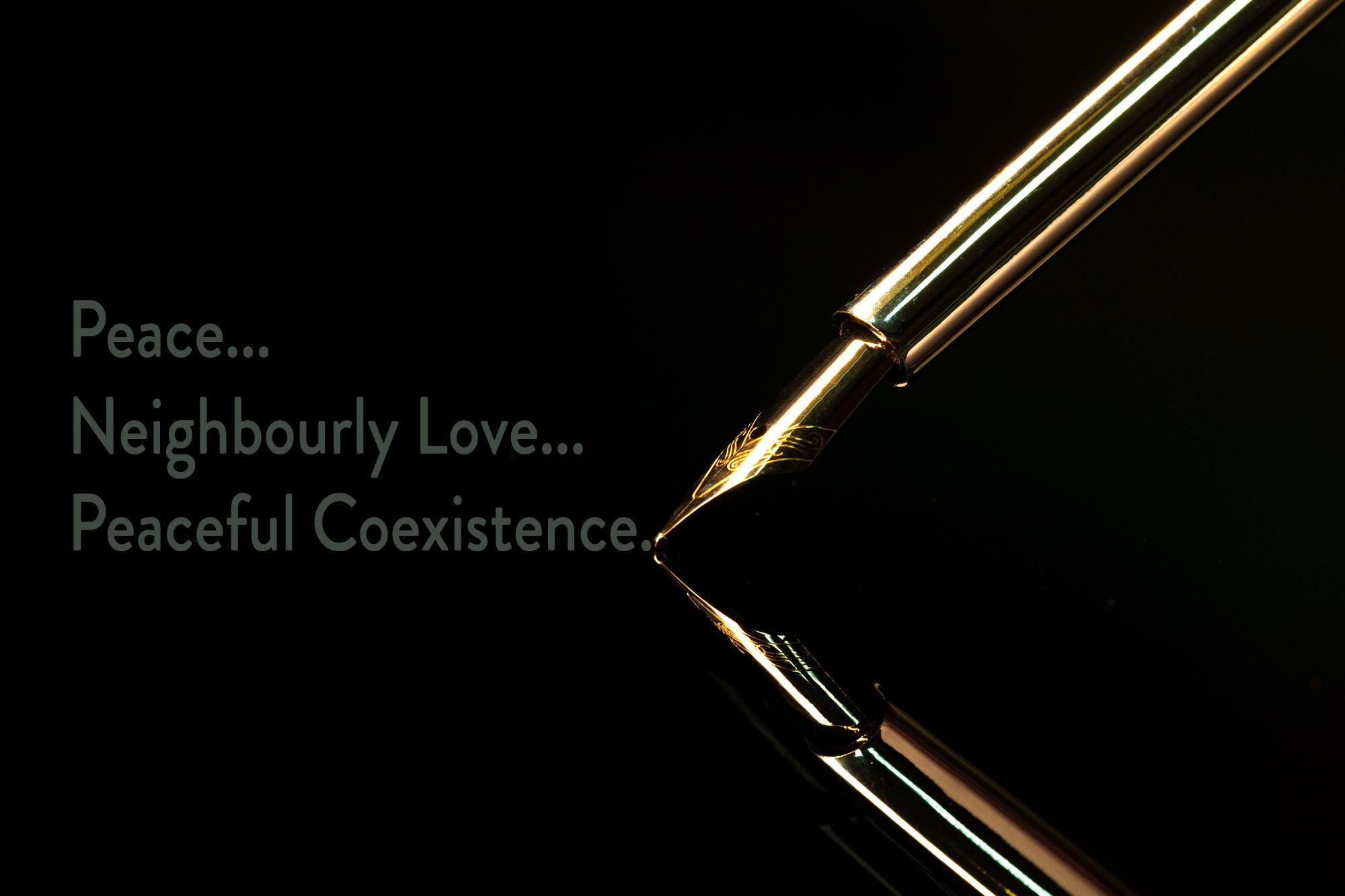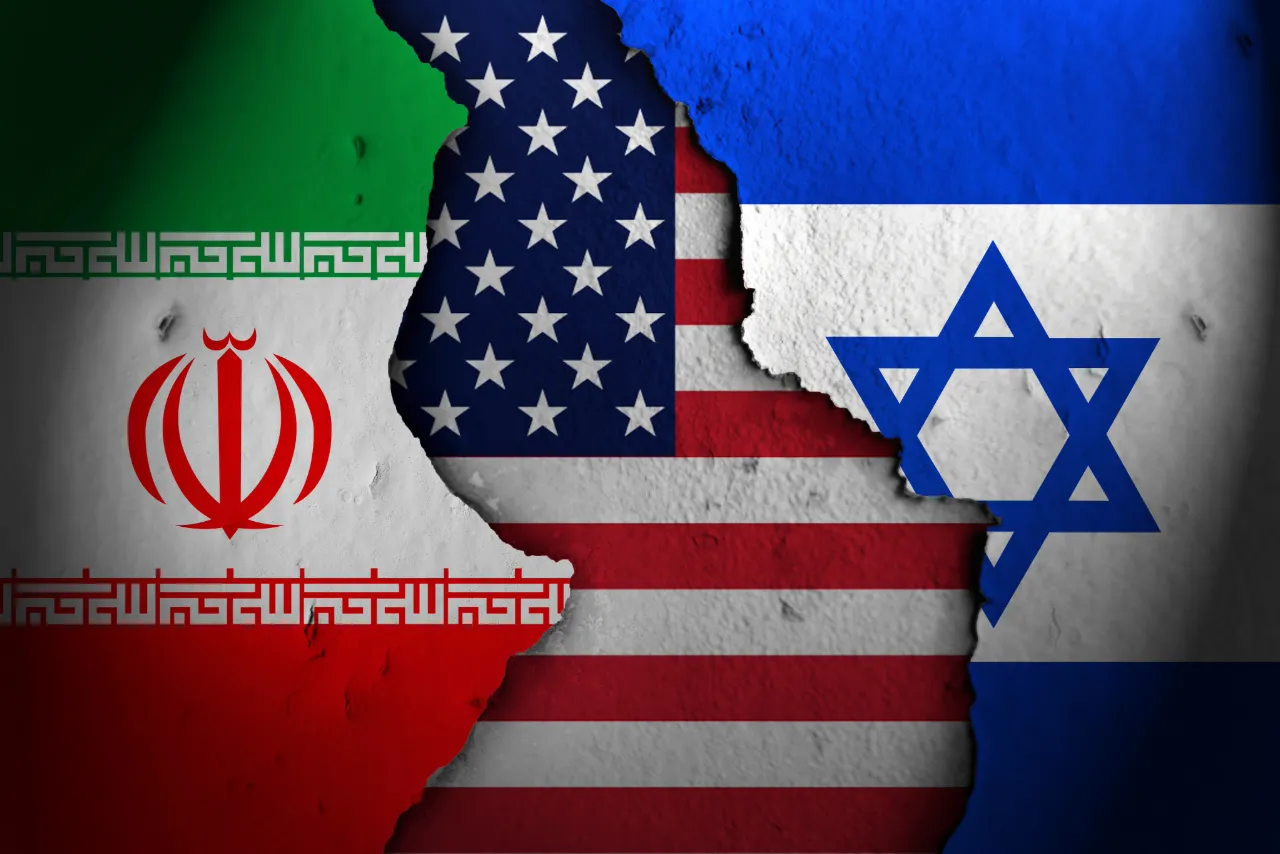
Change is a big word in business sometimes. I believe that we may feel tempted to expect fast and smooth changes in people every day, led by ideas in some pamphlets or flyers or even books or consultants… that say:
“If you do X and Y you will get there in no time.“
The thing is:
People don’t change fast or by a click. And that has its reasons too: When you are grown up you have seen parts of life even when still young. The more mature you grow the more you know that people need time.
That changes grow – a little like fruit on a tree: That takes at least months.
And animals, when you watch them you will find that they grow up and mature in some years.
Now, people?
We have complex brains – so they tell us (- ‿◦ ) and that means also that we start thinking about consequences at some point. The more the merrier… and additionally the history of mankind did prove that embracing the unknown, the new, the strange, could lead to dangers, even loss of your live.
So, what happened?
In essence people are ‘conservative’, in the true sense of the word:
They preserve the things that did prove reliable at least, and good in the past. Because that makes you feel safe. Secure. And more relaxed.
If change needs to happen in business it’s a good thing to calculate with that ‘staying power’ humans have.
A power that can be endearing and very necessary. And that can be overcome by patience, perseverance – and with very good reason(s).









